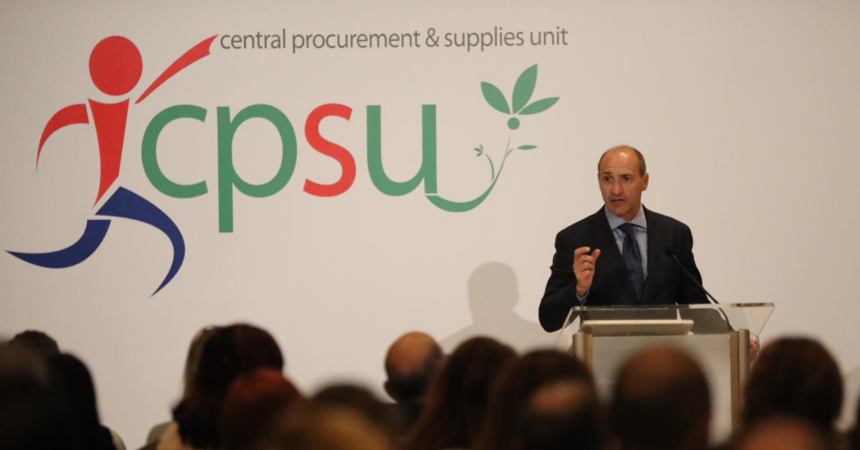The shortage of medications listed in the government formulary continues to plague Malta’s national healthcare system, with the Health Ministry citing 25 items unavailable in last week’s update of its out-of-stock medications list, resulting in doctors raising concerns.
Several doctors working at Mater Dei Hospital who spoke to The Shift on condition of anonymity said they “have no idea what’s in stock or not” from week to week, with patients often unable to purchase the medication prescribed, forcing the doctors to revise their prescriptions.
“We’re often forced to give out sub-optimal treatments just because the appropriate medication is out of stock,” one doctor said, noting that while the formulary lists “what should be offered by the government, it is not a guarantee of its availability”.
Citing a specific example, another doctor noted how a “baseline diuretic medication commonly used for several medical conditions such as high blood pressure is currently out of stock,” with the government issuing a hospital circular “directing us to switch patients to another medication which works differently”.
They said this meant “patients who had been stable on their previous prescription are now forced to switch to a new one”. Such changes lead to many unknowns, given the medication works differently and has other side effects.
“Why should I have to switch patients to a medication that works differently when they were responding well to the one previously prescribed?” another doctor asked.
Patients who require medication for their ailments currently have three routes to procure it. Medication prescribed by the national health system available on the government’s formulary can be picked up at local pharmacies through the Pharmacy of Your Choice (POYC) scheme, provided it is in stock.
Medication not on the government’s formulary may also be picked up for free if admitted under the Exceptional and Named Patients Scheme. The Directorate of Pharmaceutical Affairs’ board reviews patients’ applications for the scheme.
Patients who require medication not on the government formulary and not under the ENP scheme are then directed to apply for funding from charities, such as cancer patients who require modern treatments that have not yet been included on the formulary.
The Shift reported last March how some medications approved under the exceptional treatment scheme were not delivered to patients by the Central Procurement and Supplies Unit (CPSU). In the case reviewed, the CPSU had misled the patient for a year by claiming the approved medication could not be sourced even though the supplier was never contacted.
According to a 2022 case review by the Commissioner for Health at the Ombudsman’s Office, the existing system for the procurement and supply of medicine showed “bureaucracy at its best”, with “a conflict” between the CPSU, the Superintendent for Public Health and the Medicines Authority”.
The government’s online list of out-of-stock medications from the formulary is publicly available and updated twice to four times a month. Last December, the Health Ministry neglected to update the list for more than seven weeks while a national shortage of medicines forced pharmacies to provide alternatives to patients at their discretion.
Questions sent to Health Minister Chris Fearne have remained unanswered.














How many people on Rivaroxaban (Xarelto) have died due to the government refusing to stock the antidote, in spite of pushing people heavily onto this medication, including onto unsuitable candidates such as those at risk of falls, and without informing patients fully of the consequences..This withholding of information vitiates informed consent!
The justification given to the EU was that carrying the reversal is considered an ‘extraordinary cost’ as it is ‘expensive’, Yet the number of deaths are mounting considerably.
However, EU also state: “You may wish to seek redress at the national level through the competent national authorities, such as through an ombudsman or through the courts.” Therefore the possibility of a class-action law suite is certainly a possibility.